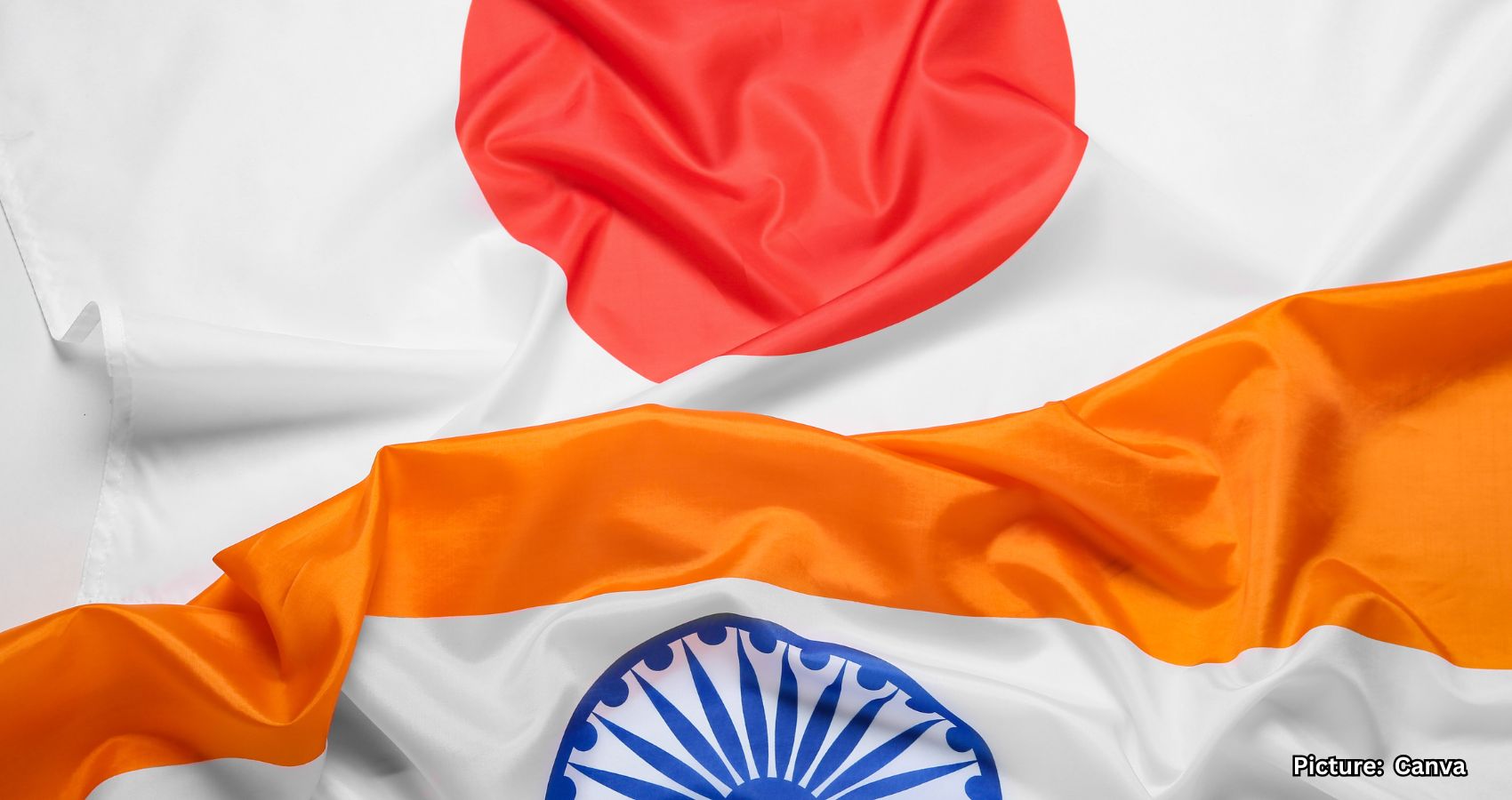India and Japan have solidified their economic partnership with over 170 memoranda of understanding, representing more than $13 billion in investments across various sectors, including clean energy and technology.
India and Japan have reached a significant milestone in their strategic and economic partnership, unveiling more than 170 memoranda of understanding (MoUs) over the past two years. These agreements represent over $13 billion in fresh investment commitments, reflecting Japan’s growing confidence in India’s economic trajectory.
The agreements were highlighted during Prime Minister Narendra Modi’s visit to Tokyo for the India–Japan Economic Forum on August 29. Major Japanese corporations are committing to substantial projects across various sectors, signaling a robust integration into India’s industrial and human capital landscape.
Nippon Steel, through AM/NS India, plans to invest ₹15 billion in Gujarat and ₹56 billion in an integrated steel plant in Andhra Pradesh. Suzuki Motor Corporation is set to invest ₹350 billion for a new plant in Gujarat and ₹32 billion for expanding its production line. Additionally, Toyota Kirloskar has announced investments of ₹33 billion for Karnataka and ₹200 billion for a new facility in Maharashtra. Other notable investments include Sumitomo Realty’s $4.76 billion in real estate and JFE Steel’s ₹445 billion to enhance electrical steel production.
In the renewable energy sector, Osaka Gas is set to establish 400 MW of renewable power capacity, with plans for future green hydrogen projects. Furthermore, Astroscale will become the first Japanese private company to launch satellites using the Indian Space Research Organisation’s (ISRO) PSLV platform.
The agreements are also poised to transform India’s small and medium enterprises (SMEs) by integrating them into global supply chains. Tokyo Electron and Fujifilm, in collaboration with Tata Electronics, are developing a semiconductor ecosystem that will enable Indian SMEs to supply high-value components. The partnership between Toyota and Suzuki aims to incorporate hundreds of tier-2 and tier-3 Indian firms, while Fujitsu plans to hire 9,000 engineers for its Global Capability Center, thereby boosting demand for IT-linked SMEs.
Officials have noted that these collaborations will allow Indian firms to adopt global standards, infuse new technologies, and access broader markets, ultimately enhancing India’s export competitiveness.
Japanese engagement is also reaching grassroots levels, focusing on sustainable development and improving farmer incomes. Sojitz Corporation, in partnership with Indian Oil, will invest $395 million to establish 30 biogas plants that will produce 1.6 million tonnes annually. This initiative aims to create income streams for farmers supplying crop residues and agricultural waste. Additionally, Suzuki Motor Corporation, in collaboration with the National Dairy Development Board and local cooperatives, will set up four biogas plants in Gujarat’s Banaskantha district, investing ₹2.3 billion under a UNIDO programme supported by Japan’s Ministry of Economy, Trade and Industry (METI). These plants will convert cow dung into carbon-neutral biogas for CNG vehicles, which constitute one-fifth of India’s passenger car market. The project is expected to reduce emissions, generate rural jobs, and enhance energy self-sufficiency.
Exports are another critical aspect of the new MoUs. Nippon Steel’s expansion will bolster specialty steel exports to the automotive and energy sectors. Meanwhile, Toyota and Suzuki plan to export hybrid and electric vehicles manufactured in India to Africa, the Middle East, and Southeast Asia. The semiconductor collaboration between Fujifilm and Tata will integrate India into global chip supply chains, and Osaka Gas’s renewable energy ventures will contribute to international clean energy flows. This strategy exemplifies the emerging model of “Make in India with Japan, Export to the World.”
Human resources and knowledge exchange are rapidly expanding under the India–Japan Talent Bridge programme and METI’s initiatives. The two countries have set a target of 500,000 exchanges over five years, encompassing students, interns, and professionals in sectors such as semiconductors, artificial intelligence, robotics, IT, and clean energy. Career fairs have been organized at leading Indian universities, including IIT Guwahati, IIT Kharagpur, and Delhi University. Indian students and professors are being invited to Japan for company visits and academic roundtables, while internships are being offered both physically and online. For mid-career professionals, specialized job fairs supported by Talent Market Reports are being rolled out to help Japanese firms navigate India’s labor market.
Japanese companies are also expanding their presence directly in India. Nidec is establishing a global software development center in Bengaluru, while Musashi Seimitsu is focusing on e-axles for two-wheeler electric vehicles with an emphasis on India and Africa. Dai-ichi Life Techno Cross is hiring bilingual IT engineers, and Money Forward India is developing fintech platforms with local talent. Additionally, Beyond Next Ventures is funding deep-tech start-ups and offering internships. METI has allocated ¥15 billion for skills and HR cooperation, which includes company missions to India, job fairs, and Japanese language training for Indian recruits.
Japan’s commitment to balanced regional development is further evidenced by an MoU between the Government of Assam and ASEAN Holdings, aimed at investing in industrial infrastructure, logistics, and agro-based industries. This agreement aligns with India’s Act East Policy and Japan’s long-standing focus on developing the northeast region.
The broader strategic outlook was also evident at the Japan–India–Africa Forum and the ninth Tokyo International Conference on African Development (TICAD) summit, where India was positioned as a key player in industrial corridors and connectivity initiatives. Priorities identified include securing rare earth minerals, building resilient supply chains in semiconductors and electric vehicles, and expanding export markets for goods manufactured in India using Japanese technology.
From steel plants in Gujarat to biogas projects in Banaskantha, and from Assam’s strategic role to Tokyo’s advanced research and development hubs, the India–Japan MoUs are laying the groundwork for a new era of cooperation. With “Make in India, Make for the World” as the guiding vision, this partnership is poised to reshape industries, agriculture, and human capital not only for the two nations but also for the wider region and beyond.
Source: Original article

